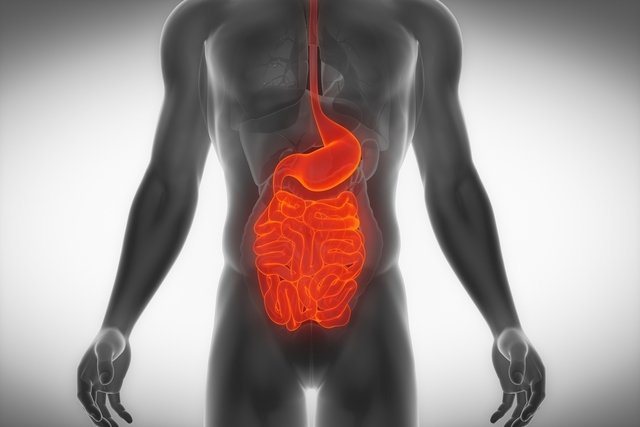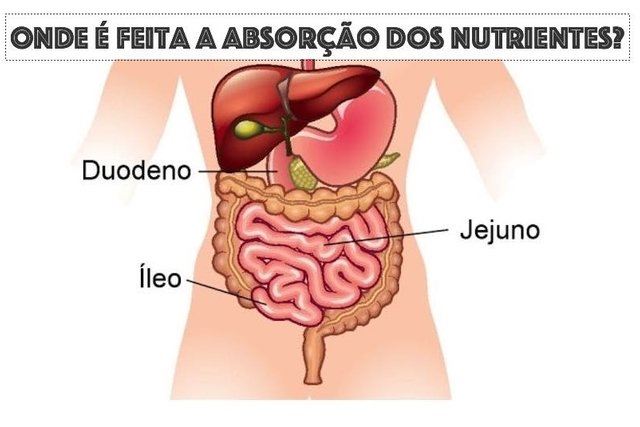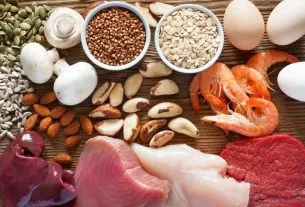The absorption of most nutrients occurs in the small intestine, while water absorption occurs mainly in the large intestine, which is the final part of the intestinal tract. Before being absorbed, food needs to be broken into smaller parts, a process that begins with chewing. Then, stomach acid helps to digest the proteins and, as the food passes through the intestine, it is digested and absorbed.
The absorption of nutrients is a natural process in the body, however some situations can interfere with this process, such as the presence of stomach ulcers, cirrhosis, Crohn’s disease and giardiasis, for example.
In these situations, there is a decrease in nutrient absorption, which can cause symptoms, nutritional deficiencies and, in some cases, malnutrition. It is important that the gastroenterologist and nutritionist are consulted so that the cause of the change can be identified and the best treatment can be initiated. which may involve surgery and/or the use of dietary supplements.

Absorption of nutrients in the small intestine
The small intestine is where most digestion and nutrient absorption occurs. This intestine is 3 to 4 meters long and is divided into 3 parts: duodenum, jejunum and ileum, which absorb the following nutrients:
- Fats;
- Cholesterol;
- Carbohydrates;
- Proteins;
- Water;
- Vitamins: A, C, E, D, K, B complex;
- Minerals: iron, calcium, magnesium, zinc, chlorine.
Ingested food takes around 3 to 10 hours to travel through the small intestine.
Furthermore, it is important to remember that the stomach participates in the alcohol absorption process and is responsible for the production of intrinsic factor, a substance necessary for the absorption of vitamin B12 and the prevention of anemia.
Absorption of nutrients in the large intestine
The large intestine is responsible for the formation of feces and is where intestinal flora bacteria are found, which help in the production of vitamins K, B12, thiamine and riboflavin.
The nutrients absorbed in this part are mainly water, biotin, sodium and fats made with short-chain fatty acids.
The fiber present in the diet is important for the formation of feces and helps the passage of fecal matter through the intestine, being also the source of food for the intestinal flora.
What can impair nutrient absorption
Some diseases can impair nutrient absorption, such as:
Furthermore, people who have undergone surgery to remove part of the intestine, liver or pancreas, or who use a colostomy may also have problems absorbing nutrients and should follow the doctor’s or nutritionist’s recommendations to improve their diet.

Sign up for our newsletter and stay up to date with exclusive news
that can transform your routine!
Warning: Undefined array key "title" in /home/storelat/public_html/wp-content/plugins/link-whisper-premium/templates/frontend/related-posts.php on line 12
Warning: Undefined array key "title_tag" in /home/storelat/public_html/wp-content/plugins/link-whisper-premium/templates/frontend/related-posts.php on line 13





